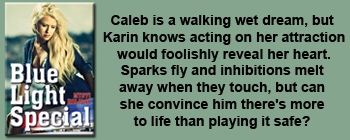This post is part of a virtual book tour organized by Goddess Fish Promotions. The author will be awarding a $15 Amazon/BN gift card to a randomly drawn winner. Click on the tour banner to see the other stops on the tour.
Being an author is a mercurial thing. You live in a state of flux. When you’re drafting, it’s singular work, just you, the characters in your head, and that blank page itching for you to fill it with words. Yet when editing time comes, your story transforms into a collaborative effort with back and forth feedback between you and your editors.
If you are querying, publishing often feels like a never-ending loop of hurry-up and wait, but if you’re on a deadline, it’s just hurry up.
You will have positive feedback that lifts you up like few things can, and one-star reviews that bring you right back down to earth again.
There’ll be the highs of cover reveals, release days, and book-signings, but also the doldrums that inevitably come after.
Some days the words flow like rapids and others, you’re stuck in the swamp of writer’s block. First drafts that read like hot garbage. Polished manuscripts that just sing.
I guess what I’m saying to new authors out there is that this is a rollercoaster ride, so hang onto something. Better yet, hang on to someone, multiple someone’s—preferably other authors who are marathon riders. Because it is a marathon.
Your book might not catapult out of the gate. Mine haven’t. They’re all on that slow clackity sort of climb. And that’s okay. My stories will find readers who’ll cherish them, all in good time. Yours will to. And whatever part of the rollercoaster ride your on, I’d love to grab hold of your hand and scream along with you. Just don’t puke on my shoes, okay?
When we were children, they told us monsters weren’t real. They were dead wrong.
It’s just a closet door with a skeleton key, but when David opens it, he unlocks a gateway to a sinister world that’s bent on destroying everything and everyone he loves. Some doors are better left closed.
Embark on a thrilling journey with the Dark Walker Series, and be transported into an interdimensional tale of monsters, lies and self-discovery. Where the terror of darkness is real and the line between ally and enemy is as thin as a blade.
“Equal parts coming of age story and otherworldly horror, Gulf probes the depths of loneliness, loss of identity and childhood trauma. It is a true treat for fans of the genre and had me clutched in its razor-clawed hands from the first word to the last.” -C.M. Forest author of Infested
*****
Seventeen-year-old David is fading from his world, like a Polaroid picture in reverse. He longs to feel connected to something bigger.
When his brothers discover the new extension at the rental cottage comes with a locked door, David finds the key first. Expecting to claim a bedroom, he opens a dimensional gateway instead, exploring abandoned versions of his world in different timelines, 1960s muscle cars alternating with crumbling cottages.
Except now the dimensional bridge won’t close, and something hungry claws the door at night. David scours for clues to break the bridge, but each trip to the other side makes him fade more on his. Even if he succeeds, he risks severing his connection to his own world, and dying on the wrong side, forgotten.
*****
There are doors that open to other worlds, but it’s no fairytale on the other side.
I thought otherworldly monsters bent on devouring my whole world starting with my family trumped everything. Turns out, I was wrong. My world’s only one of thousands facing annihilation from the maneaters that tried to eat me alive. Charlie saved me, rolled into my life on a motorcycle, and rescued me.
Problem is, I’m the Embassy’s property now. They’re the interdimensional agency tasked with stemming the flow of ravenous aliens into our universe, but they seem more interested in studying me. I crashed a gateway in a way they’ve never seen. The Embassy wants to replicate that. I think they want to use me as a war weapon.
If I don’t convince Charlie to help me escape, I’ll be an Embassy science experiment for the rest of my short life, or worse, eternally trapped in the dark hell that fills the spaces between worlds.
Enjoy an Excerpt from GULF
Certain my family is gone, I cross to the five-panel in two strides, twist the key into the lock, and push the door.
It doesn’t open.
Of course it doesn’t, idiot. It’s still hung like a closet door. It opens out, not in.
I pull.
Mirror.
That’s the first thought that strikes me as I take in the exact duplicate of the living room I’m standing in. Same green, crushed velvet sofa bed sagging behind me. Identical chipped melamine cabinets. Same painted windmills on the porcelain tile backsplash—wait.
No me.
No reflection of me. Tentative as Alice in bloody Wonderland, I pull the black skeleton key from its hole and crane my head through the doorway. No dirty breakfast dishes, but when I look over my shoulder, there’s still stacks of egg-yolk spackled tin plates beside our sink. Crumpled under one arm of the hide-a-bed is my plaid blanket, but the one in front of me is empty. Looks dusty.
“What the hell, Everett?” This is creepy.
The ole bugger’s built an exact mirror image of the room next door. Where on earth did he find the twin to that green monster of a couch? There’s even a spring beckoning through the same spot in the back cushion.
Got an eye for detail, hasn’t he?
Same woodstove too, only this one has a cold, crusty frying pan on it. I can still feel the heat on my back from ours across the wall.
The pine planking creaks under my next step, and I jump and then smile, but I’m pretty sure it ends up as a snarl. An odd feeling consumes me whole, the one I had just before Sam Ren and his gorilla wingmen beat the piss out of me behind the Dairy Queen. A curdled sense of approaching doom slithers through my lungs.
Get out.
Primal instinct presses me back a step toward the door, but I hold fast there, like a dumbass, like I waited while Sam Ren eased toward me in the Dairy Queen parking lot.
Shaking out my hands and hissing through my teeth, I scan the room trying to identify what’s wrong, because something is. Something is very wrong, and it’s not just the duplicate room, or the draft emanating from here at night. It takes a few seconds to pin it down. The out-of-place thing. My throat spasms when I see it. I swallow and shift to the balls of my feet.
“Window,” I whisper.
About the Author:  At a young age, Shelly Campbell wanted to be an air show pilot or a pirate, possibly a dragon and definitely a writer and artist. She’s piloted a Cessna 172 through spins and stalls, and sailed up the east coast on a tall ship barque—mostly without projectile vomiting. In the end, Shelly found writing and drawing dragons to be so much easier on the stomach. Shelly writes speculative fiction ranging from grimdark fantasy, to sci-fi and horror. She’d love to hear from you.
At a young age, Shelly Campbell wanted to be an air show pilot or a pirate, possibly a dragon and definitely a writer and artist. She’s piloted a Cessna 172 through spins and stalls, and sailed up the east coast on a tall ship barque—mostly without projectile vomiting. In the end, Shelly found writing and drawing dragons to be so much easier on the stomach. Shelly writes speculative fiction ranging from grimdark fantasy, to sci-fi and horror. She’d love to hear from you.
Gulf and Breach are both available to read for free on Kindles Unlimited.
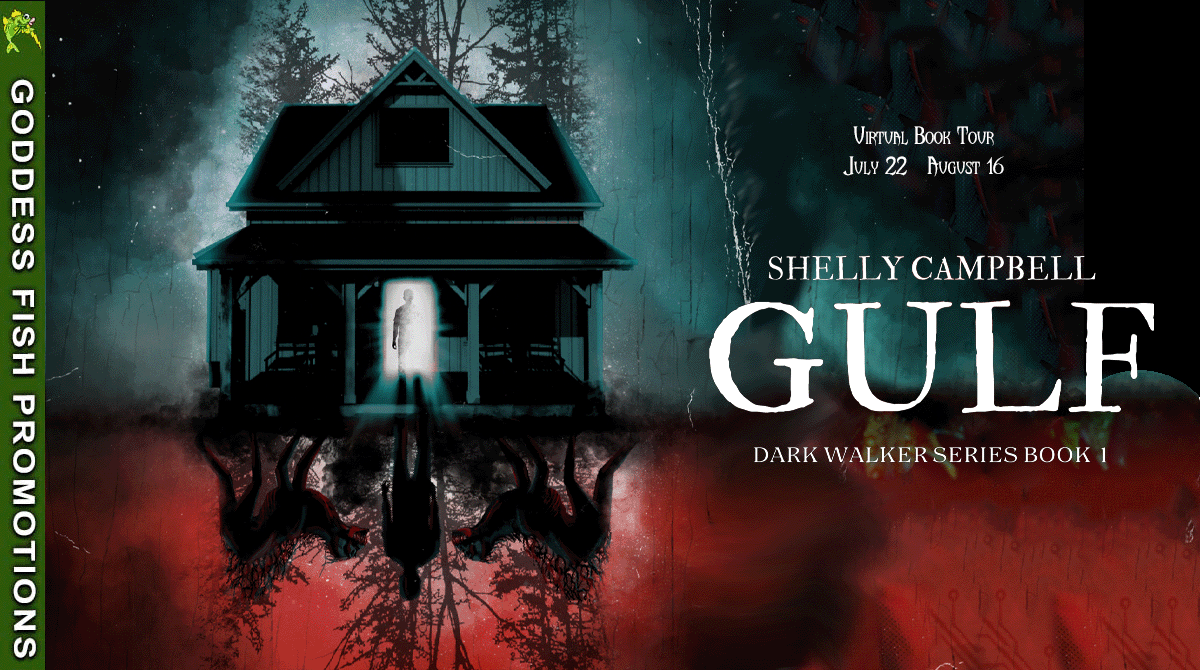
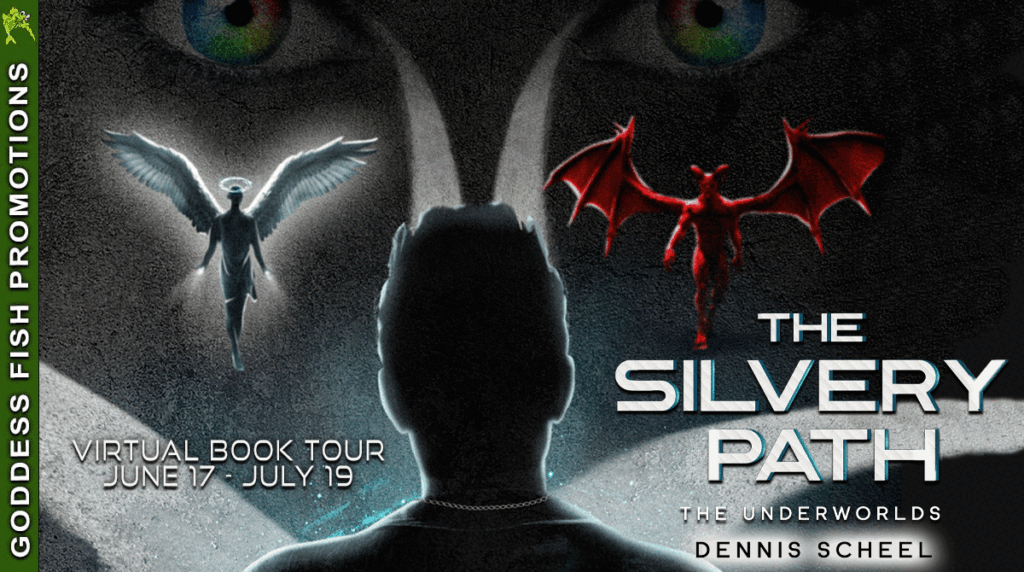
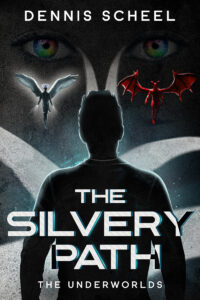 Will it end in peace or a silvery dose of fate?
Will it end in peace or a silvery dose of fate? Wring about myself… oh, the horror!
Wring about myself… oh, the horror!

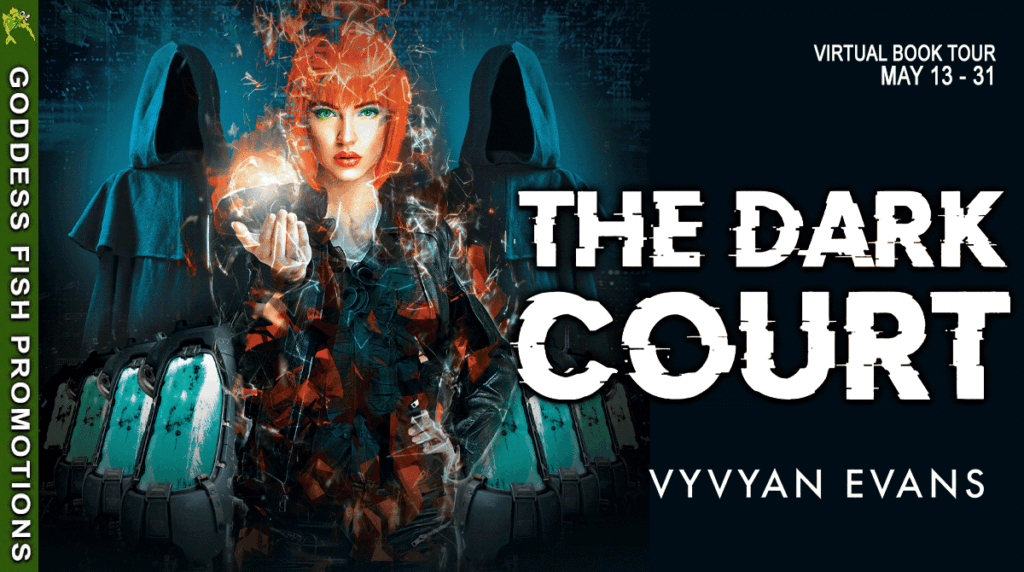
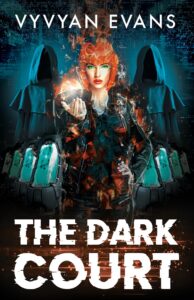

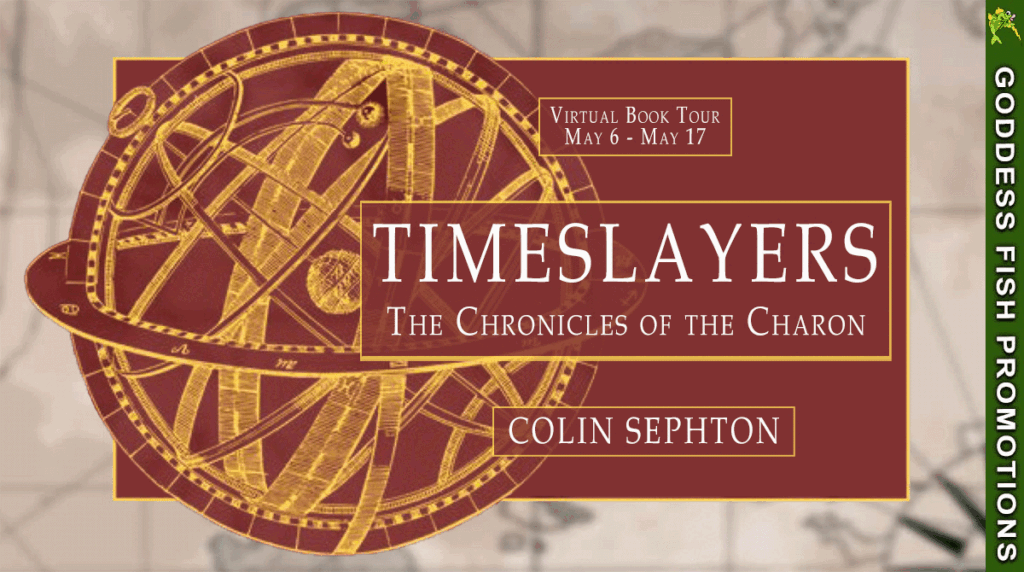
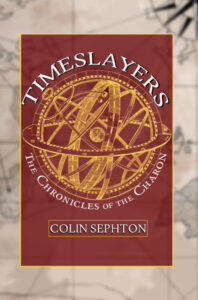

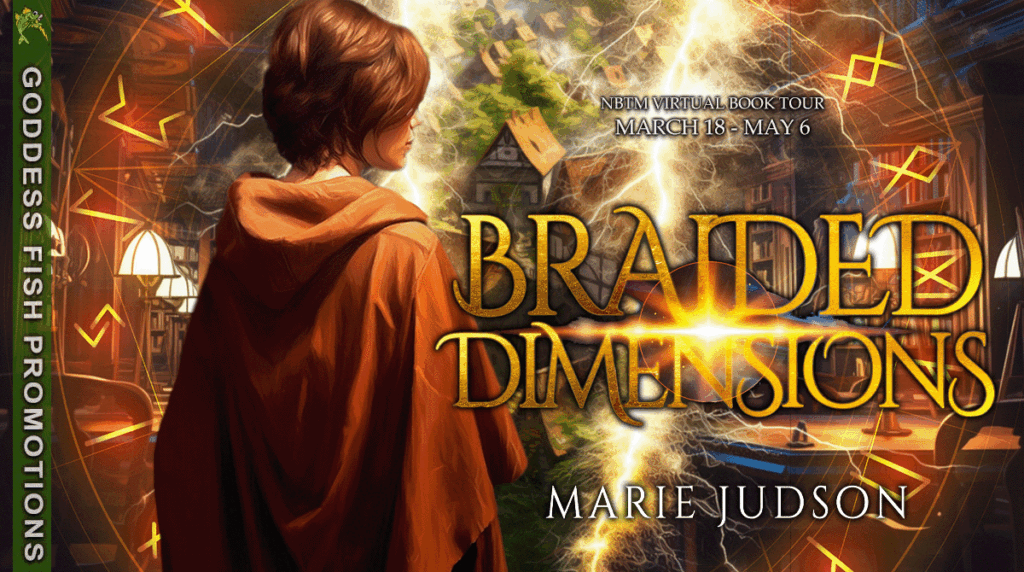
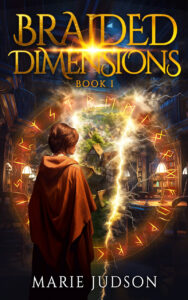

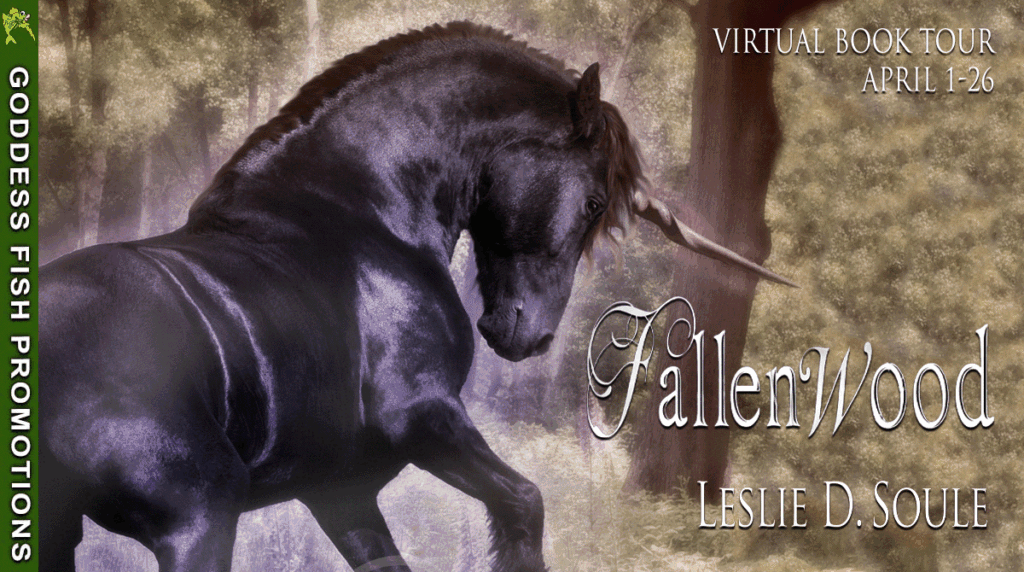
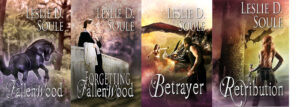
 Leslie D. Soule received her M.A. in English from National University. She is a scholar, artist, citizen journalist, and martial artist. She has been an established writer for a decade, and has novels published by Melange Books, Terror House Press, Gypsy Shadow Publishing, and Nat 1 Publishing. The Fallenwood Chronicles is her 4-book fantasy series and features the novels Fallenwood, Forgetting Fallenwood, Betrayer, and Retribution.
Leslie D. Soule received her M.A. in English from National University. She is a scholar, artist, citizen journalist, and martial artist. She has been an established writer for a decade, and has novels published by Melange Books, Terror House Press, Gypsy Shadow Publishing, and Nat 1 Publishing. The Fallenwood Chronicles is her 4-book fantasy series and features the novels Fallenwood, Forgetting Fallenwood, Betrayer, and Retribution.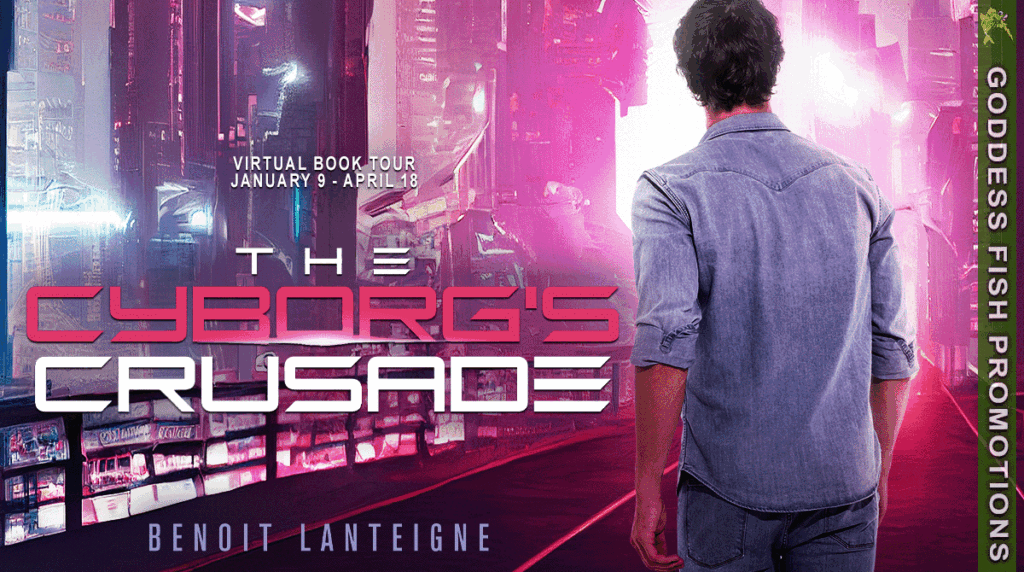
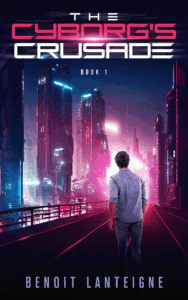 How did it come to this? My life used to be so simple. Back then, I hated it; I found it boring. Let me tell you: boring’s good. Boring’s great! I should’ve been thankful…
How did it come to this? My life used to be so simple. Back then, I hated it; I found it boring. Let me tell you: boring’s good. Boring’s great! I should’ve been thankful…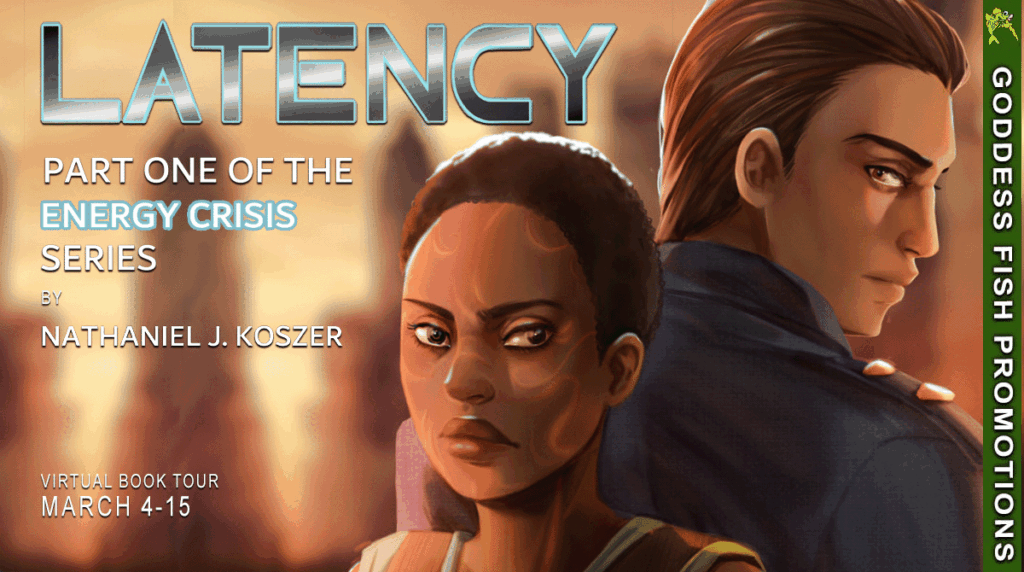
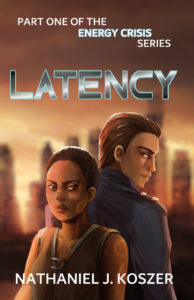
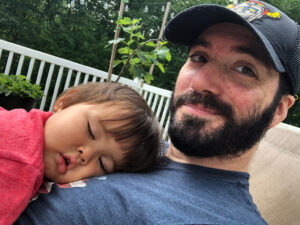
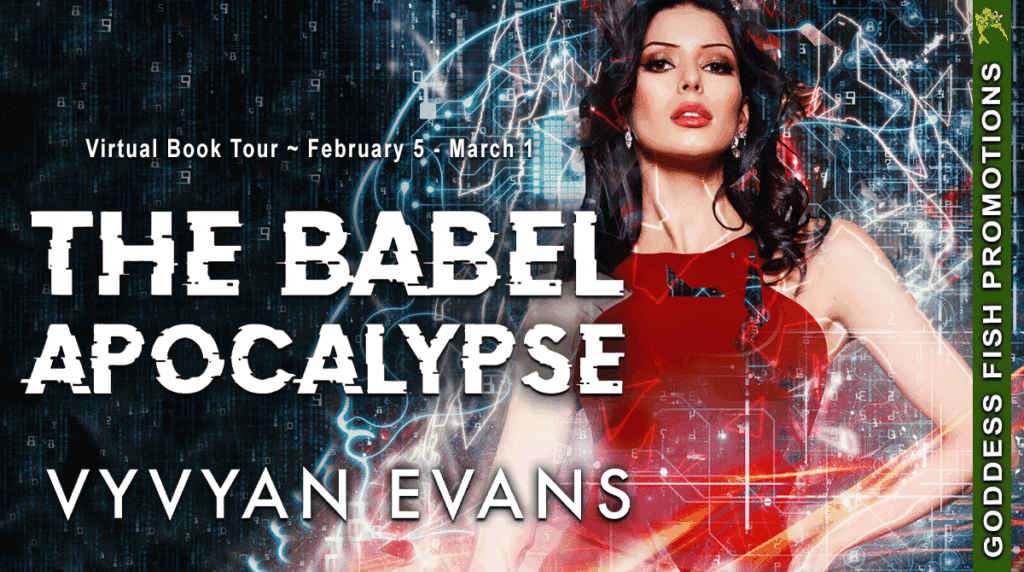
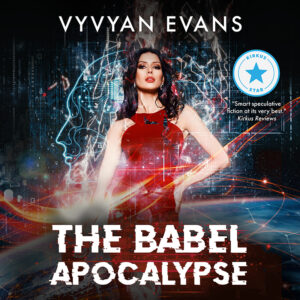 Language is no longer learned, but streamed to neural implants regulated by lang-laws. Those who can’t afford monthly language streaming services are feral, living on the fringes of society. Big tech corporations control language, the world’s most valuable commodity.
Language is no longer learned, but streamed to neural implants regulated by lang-laws. Those who can’t afford monthly language streaming services are feral, living on the fringes of society. Big tech corporations control language, the world’s most valuable commodity. Dr. Vyvyan Evans is a native of Chester, England. He holds a PhD in linguistics from Georgetown University, Washington, D.C., and is a Professor of Linguistics. He has published numerous acclaimed popular science and technical books on language and linguistics. His popular science essays and articles have appeared in numerous venues including ‘The Guardian’, ‘Psychology Today’, ‘New York Post’, ‘New Scientist’, ‘Newsweek’ and ‘The New Republic’. His award-winning writing focuses, in one way or another, on the nature of language and mind, the impact of technology on language, and the future of communication. His science fiction work explores the status of language and digital communication technology as potential weapons of mass destruction.
Dr. Vyvyan Evans is a native of Chester, England. He holds a PhD in linguistics from Georgetown University, Washington, D.C., and is a Professor of Linguistics. He has published numerous acclaimed popular science and technical books on language and linguistics. His popular science essays and articles have appeared in numerous venues including ‘The Guardian’, ‘Psychology Today’, ‘New York Post’, ‘New Scientist’, ‘Newsweek’ and ‘The New Republic’. His award-winning writing focuses, in one way or another, on the nature of language and mind, the impact of technology on language, and the future of communication. His science fiction work explores the status of language and digital communication technology as potential weapons of mass destruction.




